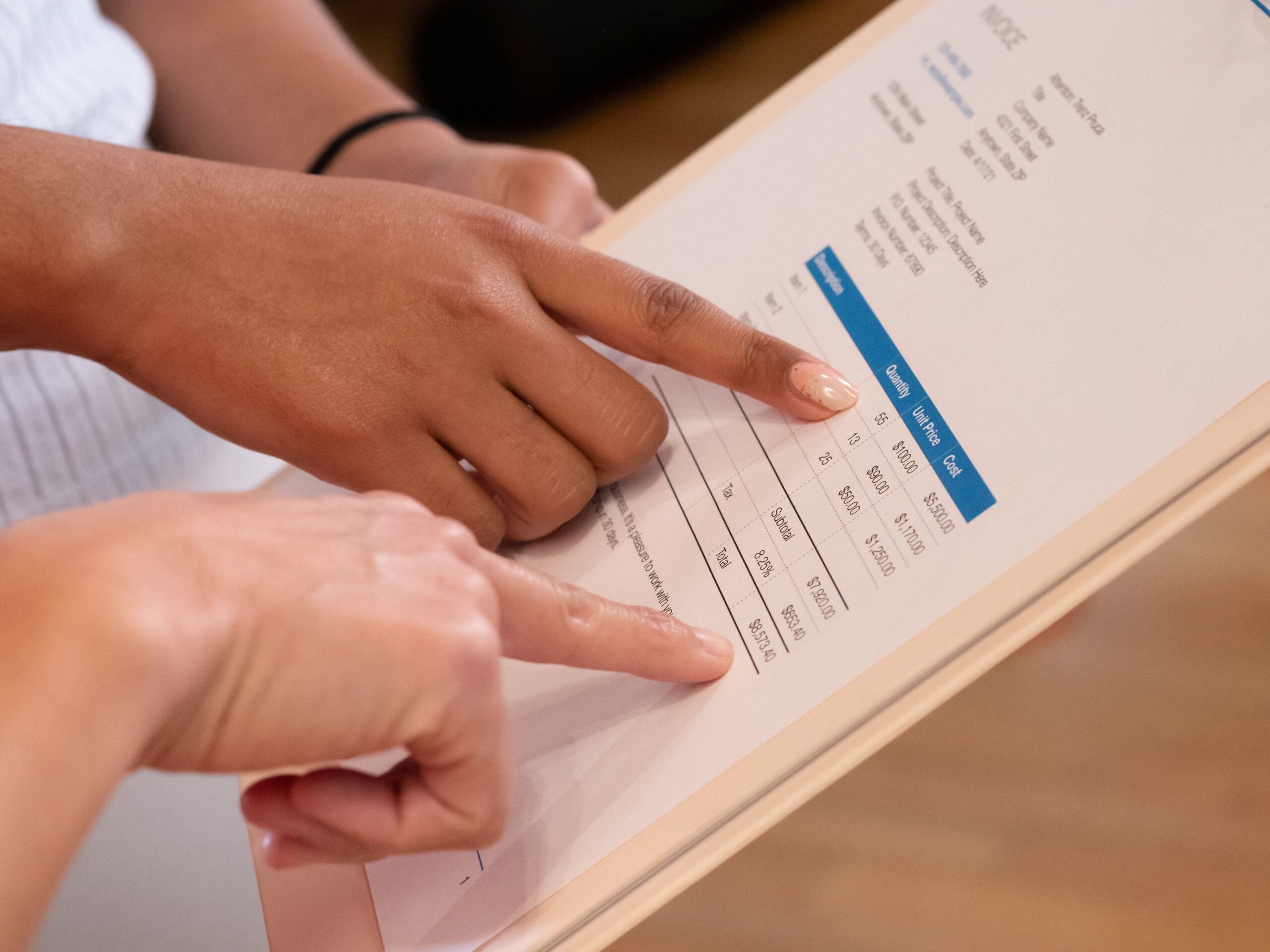1. Overview
An invoice system adopted in the EU will be introduced on or after 1 October 2023. Preservation of “tax-qualified invoices” by registered suppliers will be one of the requirements for tax credits.
JCT tax payers will be registered as registered suppliers who are eligible to issue “tax-qualified invoices” by submitting an application form to a tax office.
Please note that after 1 October 2023, essentially only JCT taxpayers can be charged JCT. In other words, JCT exempt enterprises cannot be charged JCT.
2. Tax-qualified invoice
The following should be included in tax-qualified invoices.
Data to be entered in the tax-qualified invoice:
(1) Name and identification number of the registered supplier;
(2) Date of service/goods provided;
(3) Description of service /goods (need to highlight whether a reduced tax rate applies to some services or goods);
(4) Consideration for provided service/goods by tax rate and applicable tax rates;
(5) Amount of JCT; and
(6) Name of service recipient of the invoice.
1. Overview
An invoice system adopted in the EU will be introduced on or after 1 October 2023. Preservation of “tax-qualified invoices” by registered suppliers will be one of the requirements for tax credits.
JCT tax payers will be registered as registered suppliers who are eligible to issue “tax-qualified invoices” by submitting an application form to a tax office.
Please note that after 1 October 2023, essentially only JCT taxpayers can be charged JCT. In other words, JCT exempt enterprises cannot be charged JCT.
2. Tax-qualified invoice
The following should be included in tax-qualified invoices.
Data to be entered in the tax-qualified invoice
1. Name and identification number of the registered supplier
2. Date of service/goods provided
3. Description of service /goods (need to highlight whether a reduced tax rate applies to some services or goods)
4. Consideration for provided service/goods by tax rate and applicable tax rates
5. Amount of JCT
6. Name of service recipient of the invoice


